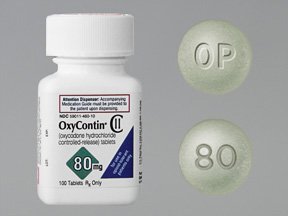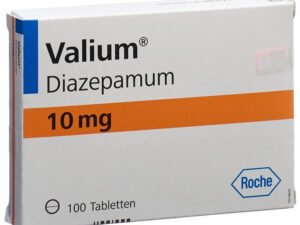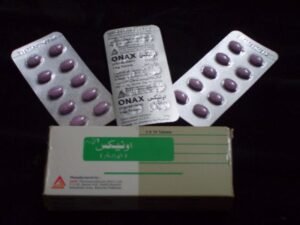Oxycodone 80 mg is a potent opioid medication commonly prescribed for the management of severe pain. It is manufactured by various pharmaceutical companies and belongs to the opioid analgesic class of drugs. Each tablet contains 80 milligrams of oxycodone hydrochloride, the active ingredient.
Key Features:
- Analgesic properties: Oxycodone effectively relieves moderate to severe pain by binding to opioid receptors in the central nervous system, altering the perception of pain.
- Management of Severe Pain: It is indicated for the treatment of acute pain following surgery, injury, or medical procedures, as well as chronic pain conditions such as cancer pain.
- Dosage: The dosage of oxycodone 80 mg should be carefully titrated to achieve adequate pain relief while minimizing side effects. It is typically reserved for patients who have developed tolerance to lower potency opioids or require around-the-clock pain management.
- Administration: Oxycodone tablets are taken orally, preferably with food to reduce the risk of gastrointestinal side effects.
- Duration of Treatment: Due to the high potential for abuse, addiction, and overdose, oxycodone 80 mg is generally prescribed for short-term use or in patients with chronic pain who have not responded to alternative treatments. Prolonged use should be avoided to mitigate the risk of dependence and withdrawal symptoms.
Important Information:
- Each Tablet Contains: An oxycodone 80 mg tablet contains 80 milligrams of oxycodone hydrochloride, the active ingredient.
- Dosage Adjustment: Dosage adjustments may be necessary based on the patient’s pain intensity, tolerance, and response to treatment. Close monitoring is essential to prevent overdose or inadequate pain control.
- Risk of Respiratory Depression: Oxycodone, like other opioids, carries a risk of respiratory depression, particularly in opioid-naive patients or those with respiratory conditions. Caution should be exercised when prescribing to these populations.
- Drug Interactions: Oxycodone may interact with other central nervous system depressants, such as benzodiazepines or alcohol, increasing the risk of respiratory depression, sedation, and overdose. Healthcare professionals should review patients’ medication regimens to avoid potentially harmful interactions.
- Storage: Oxycodone should be stored securely out of reach of children and individuals with a history of substance abuse. Unused medication should be properly disposed of according to local regulations to prevent diversion and misuse.








Reviews
There are no reviews yet.